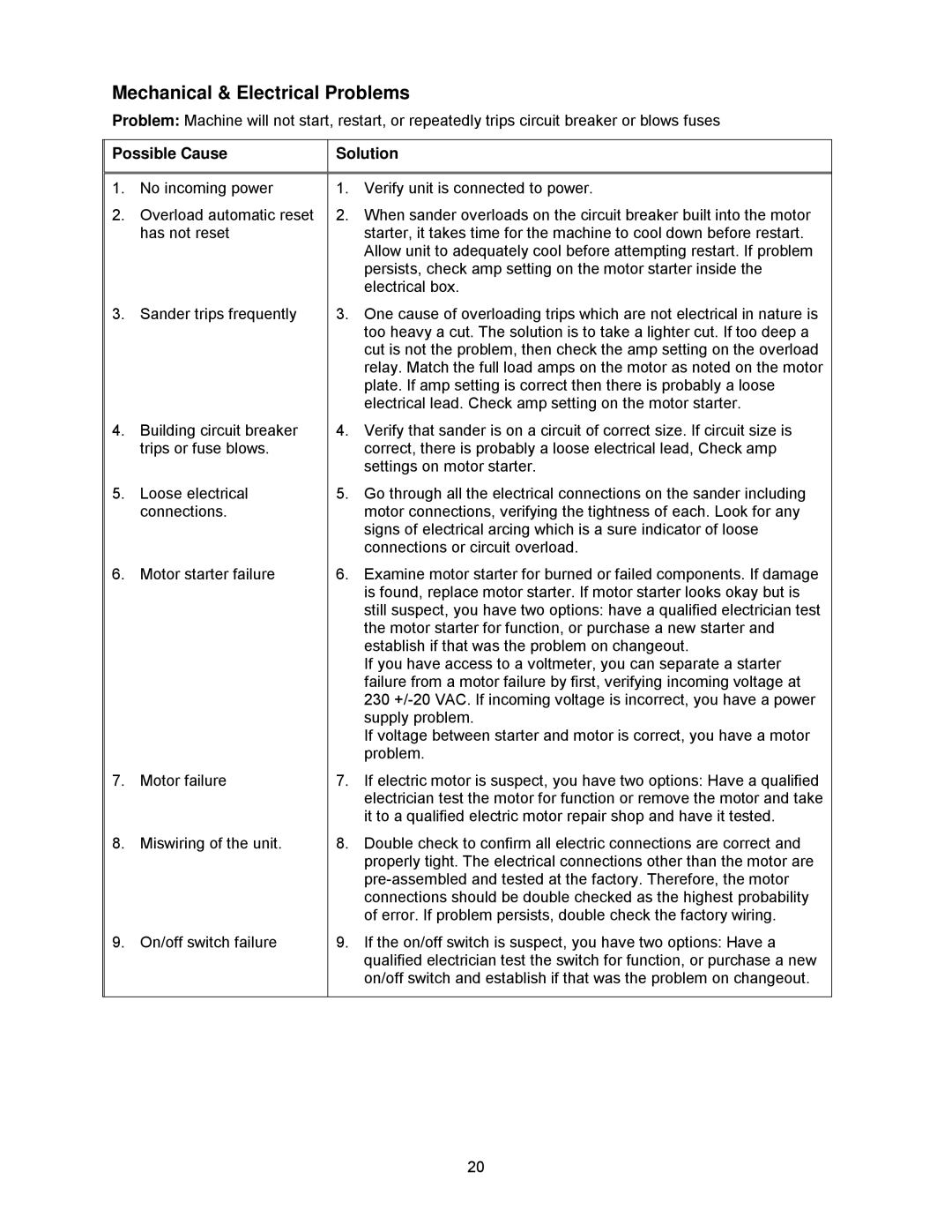DDS-225, DDS-237 specifications
The Powermatic DDS-237 and DDS-225 are two advanced drill presses that have been engineered for woodworkers who demand precision and versatility in their projects. These machines are part of Powermatic’s commitment to providing high-quality tools that cater to both professional and hobbyist woodworkers.One of the main features of the DDS-237 is its robust construction. With a heavy-duty cast iron base and column, this drill press offers exceptional stability, reducing vibrations during operation which leads to accurate drilling. The DDS-225 follows suit, providing a durable design that ensures reliability even in the most challenging work environments.
The DDS-237 comes equipped with a powerful 1 HP motor, offering variable speed control ranging from 250 to 3000 RPM, allowing users to select the perfect speed for various materials. This feature is particularly advantageous for woodworkers who work with different species of wood or even metal and plastic. The DDS-225, on the other hand, features a slightly less powerful motor but maintains the same level of versatility with multiple speed settings.
Another significant aspect of these drill presses is their user-friendly interface and adjustments. Both models boast an easy-to-read digital depth gauge, enabling precise depth adjustments. This feature is crucial for applications requiring repetitive drilling depths, such as doweling or creating mortises.
Both models also incorporate innovative technologies aimed at enhancing user safety and convenience. The patented Quick-Release chuck system allows for rapid and easy tool changes without the need for additional tools, saving valuable time during setup and operation. Furthermore, the built-in work light illuminates the workspace, improving visibility during intricate drilling tasks.
Dust collection is also a fundamental aspect of both models, with integrated ports designed to minimize debris in the workspace, creating a healthier and cleaner working environment.
The Powermatic DDS-237 and DDS-225 are not just machines but essential tools that combine power, precision, and safety. Whether for professional use or serious woodworking enthusiasts, these drill presses are designed to meet the demands of any project with reliability and efficiency.

